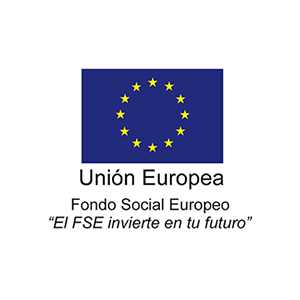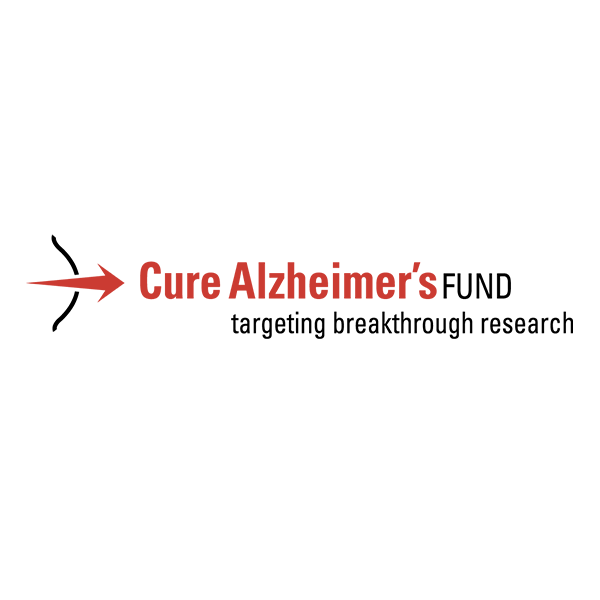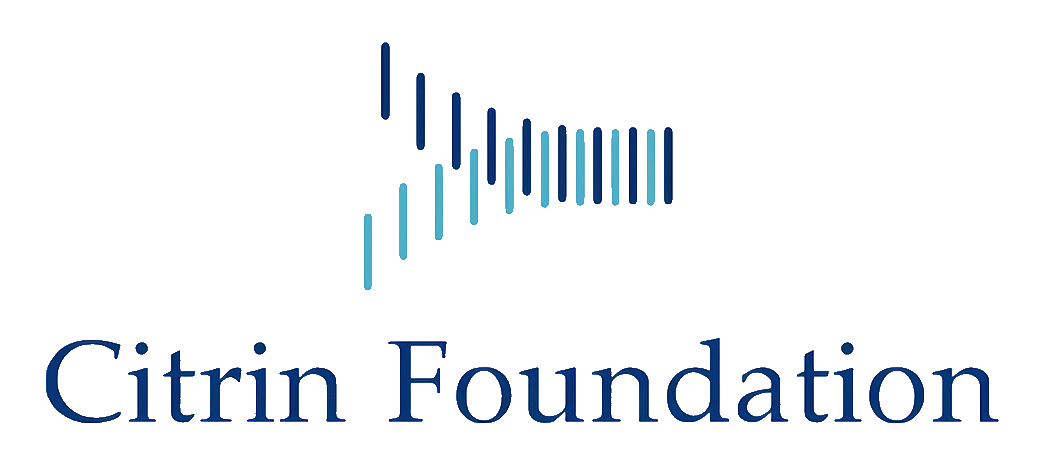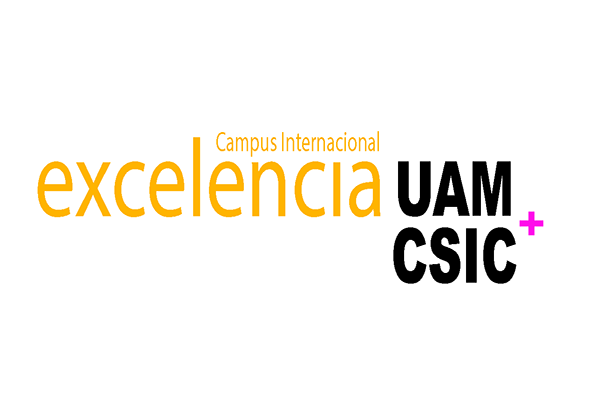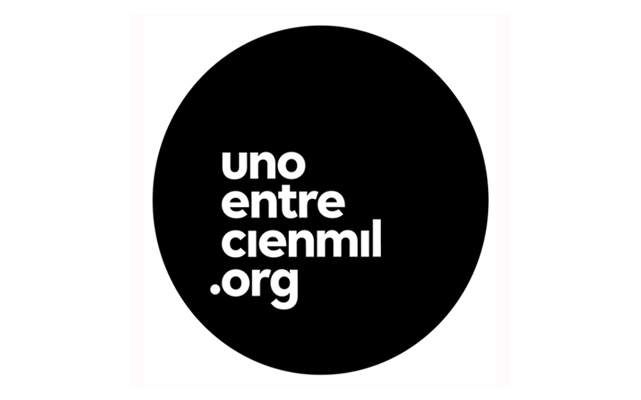Molecular pathways to neurodegeneration. Cellular and animal models: role of post-translational modification of Tau in its degradation by calpains
Research summary:
Calpain is one of the main proteases activated by calcium and has been implicated in Alzheimer disease. Thus, elevated cleavage and activation of calpain has been previously reported in early-stage AD suggesting that abnormalities in calcium homeostasis might be involved in the pathophysiology of the disease. In relation with tau protein, it has been demonstrated that hyperphosphorylated tau is resistance to calpain-dependent proteolysis. To study the interaction between tau, phosphorylation and calpain, we will be use transgenic mice -sulting double transgenic mice will allow us to test the synergistic contribution of both proteins in Alzheimer's disease and to study their relationship with the calpain system. In addition, we have recently described that calpain activation produces a truncation of GSK-3 which remove the inhibitory domain. We are going to study that cleavage in our transgenic models to validate GSK-3 inhibitors as pharmacological tools in Alzheimer disease.

Diagram showing how altered calcium homeostasis following NMDA receptor activation may contribute to the physiology and eventually to neuropathological activation of the calpain/GSK3/CDK5 pathway.
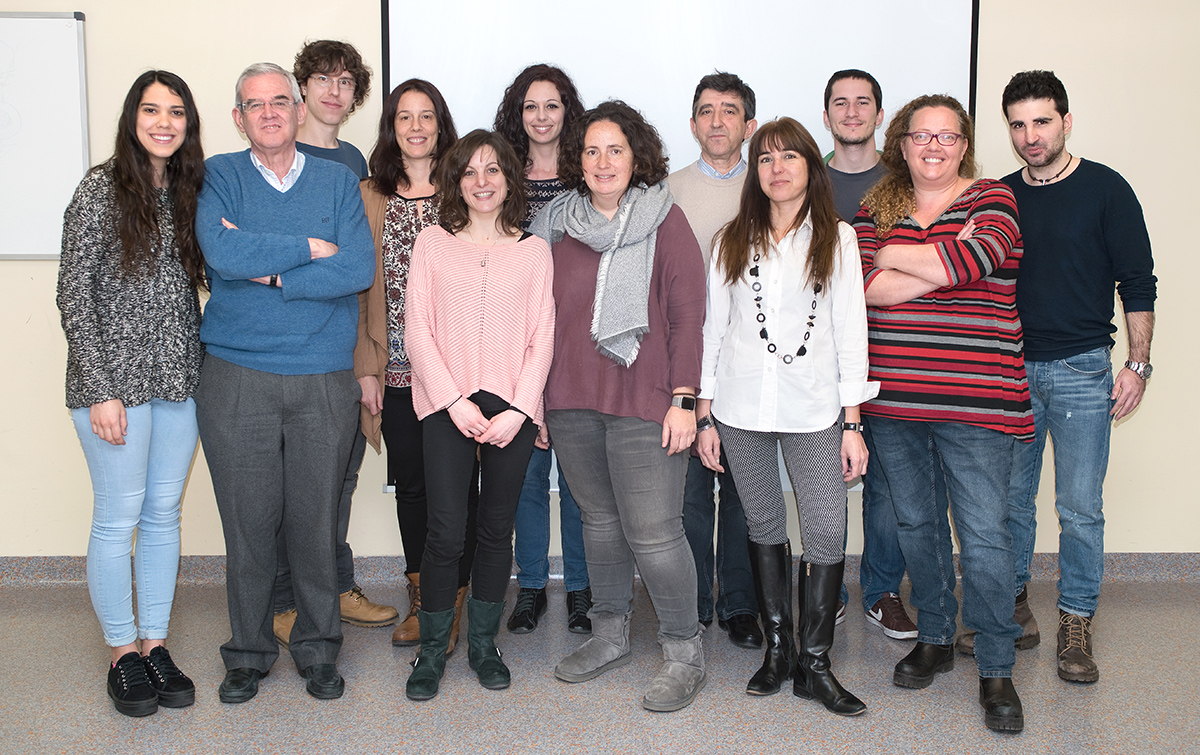
| Last name | Name | Laboratory | Ext.* | Professional category | |
|---|---|---|---|---|---|
| Hernández Pérez | Félix | 208 | 4563 | fhernandez(at)cbm.csic.es | Catedrático Universidad, GA |
| Mariscal Casero | Ana | 208 | 4563 | Estudiante | |
| Peinado Cahuchola | Rocío | 208 | 4592 | rpeinado(at)cbm.csic.es | Titulado Sup.de Actividades Técn. y Profes. GP1 |
| Ramírez Mallavibarrena | Paula | 208 | 4592 | Profesor Ayudante | |
| Roldán Lázaro | Marta | 208 | 4592 | Titulado Sup.de Actividades Técn. y Profes. GP1 |
Relevant publications:
- Kenny A, Jiménez-Mateos EM, Zea-Sevilla MA, Rábano A, Gili-Manzanaro P, Prehn JHM, Henshall DC, Ávila J, Engel T, Hernández F. Proteins and microRNAs are differentially expressed in tear fluid from patients with Alzheimer's disease. Sci Rep. 2019 Oct 28;9(1):15437. doi: 10.1038/s41598-019-51837-y.
- Hernández F, Cuadros R, Ollá I, García C, Ferrer I, Perry G, Avila J. Differences in structure and function between human and murine tau. Biochim Biophys Acta Mol Basis Dis. 2019 Aug 1;1865(8):2024-2030. doi: 10.1016/j.bbadis.2018.08.010.
- Jurado-Arjona J, Llorens-Martín M, Ávila J, Hernández F. GSK3β Overexpression in Dentate Gyrus Neural Precursor Cells Expands the Progenitor Pool and Enhances Memory Skills. J Biol Chem. 2016 Apr 8;291(15):8199-213. doi: 10.1074/jbc.M115.674531.
- Fernández-Nogales M, Cabrera JR, Santos-Galindo M, Hoozemans JJ, Ferrer I, Rozemuller AJ, Hernández F, Avila J, Lucas JJ.Huntington's disease is a four-repeat tauopathy with tau nuclear rods. Nat Med. 2014 Aug;20(8):881-5. doi: 10.1038/nm.3617
- Llorens-Martín M, Fuster-Matanzo A, Teixeira CM, Jurado-Arjona J, Ulloa F, Defelipe J, Rábano A, Hernández F, Soriano E, Avila J. GSK-3β overexpression causes reversible alterations on postsynaptic densities and dendritic morphology of hippocampal granule neurons in vivo. Mol Psychiatry. 2013 Apr;18(4):451-60. doi: 10.1038/mp.2013.4
- Fuster-Matanzo A, Llorens-Martín M, Sirerol-Piquer MS, García-Verdugo JM, Avila J, Hernández F. Dual effects of increased glycogen synthase kinase-3β activity on adult neurogenesis. Hum Mol Genet. 2013 Apr 1;22(7):1300-15. doi: 10.1093/hmg/dds533.
- Llorens-Martin M, Teixeira CM, Fuster-Matanzo A, Jurado-Arjona J, Borrell V, Soriano E, Avila J, Hernández F. Tau isoform with three microtubule binding domains is a marker of new axons generated from the subgranular zone in the hippocampal dentate gyrus: implications for Alzheimer's disease. J Alzheimers Dis. 2012;29(4):921-30. doi: 10.3233/JAD-2012-112057.
- Fuster-Matanzo A, Llorens-Martín M, de Barreda EG, Ávila J, Hernández F. Different susceptibility to neurodegeneration of dorsal and ventral hippocampal dentate gyrus: a study with transgenic mice overexpressing GSK3β. PLoS One. 2011;6(11):e27262. doi: 10.1371/journal.pone.0027262.
- Ortega Z, Díaz-Hernández M, Maynard CJ, Hernández F, Dantuma NP, Lucas JJ. Acute polyglutamine expression in inducible mouse model unravels ubiquitin/proteasome system impairment and permanent recovery attributable to aggregate formation. J Neurosci. 2010 Mar 10;30(10):3675-88. doi: 10.1523/JNEUROSCI.5673-09.2010.
- Fuster-Matanzo A, Llorens-Martín M, Jurado-Arjona J, Avila J, Hernández F. Tau protein and adult hippocampal neurogenesis. Front Neurosci. 2012 Jul 9;6:104. doi: 10.3389/fnins.2012.00104. eCollection 2012.
- Llorens-Martín M, Jurado-Arjona J, Fuster-Matanzo A, Hernández F, Rábano A, Ávila J. Peripherally triggered and GSK-3β-driven brain inflammation differentially skew adult hippocampal neurogenesis, behavioral pattern separation and microglial activation in response to ibuprofen. Transl Psychiatry. 2014 Oct 14;4:e463. doi: 10.1038/tp.2014.92.
- Llorens-Martín M, Jurado-Arjona J, Avila J, Hernández F. Novel connection between newborn granule neurons and the hippocampal CA2 field. Exp Neurol. 2015 Jan;263:285-92. doi: 10.1016/j.expneurol.2014.10.021.

